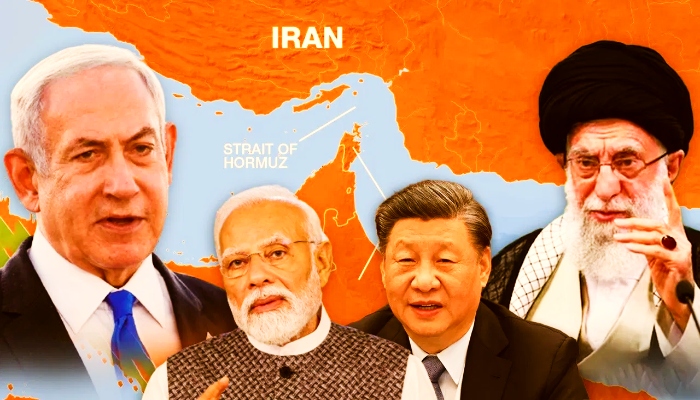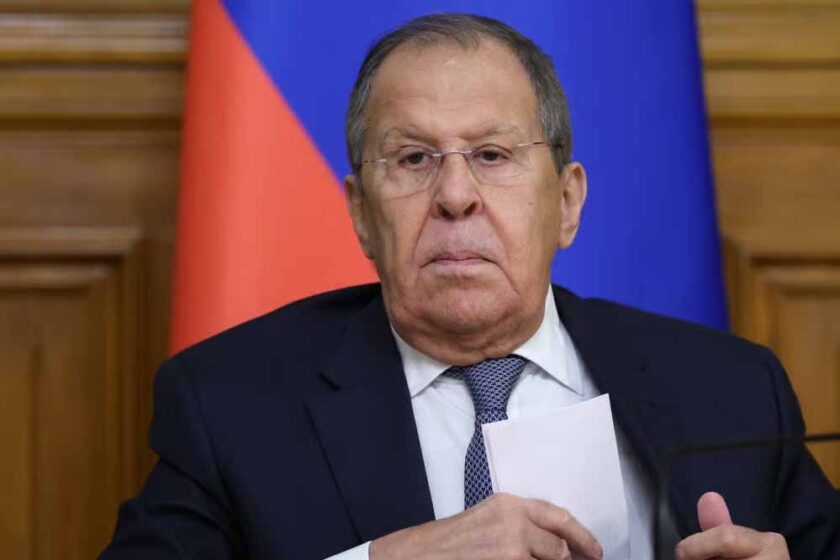New Delhi – As tensions between Iran and Israel continue to escalate, concerns are mounting worldwide over the security of global energy supplies. Iran’s recent threat to close the Strait of Hormuz—one of the world’s most critical oil transit routes—has triggered alarm not only in Middle Eastern geopolitics but also in energy-dependent nations like India.
Often referred to as the lifeline of global oil transport, the Strait of Hormuz facilitates nearly 20% of the world’s crude oil shipments. The narrow maritime passage links the Persian Gulf to the Arabian Sea, serving as the main conduit for oil exports from energy giants like Saudi Arabia, Iraq, and Kuwait. Should Iran act on its warning and block the strait, the impact on countries like India could be severe.
Iranian MP Ismail Kowsari has publicly stated that Iran is seriously considering closing the strait as a strategic response if hostilities with Israel intensify. Experts warn that such a move could lead to a sharp and unpredictable surge in global oil prices, with ripple effects across international supply chains.
A Historic Flashpoint of Geopolitical Importance
The Strait of Hormuz has long been at the heart of geopolitical power plays. Even during the intense Iran-Iraq War from 1980 to 1988, the strait remained open, though both nations targeted oil tankers in what came to be known as the “Tanker War.”
More recently, in 2019 during Donald Trump’s previous presidential term, four oil tankers were attacked in the area, an incident the U.S. blamed on Iran. Tehran, however, denied involvement. These events underline how the strait has historically been a flashpoint of both political maneuvering and military tension.
India at Risk: Energy, Inflation, and Economic Fallout
The closure of the Strait of Hormuz could deal a serious blow to India’s energy security. According to estimates, India imports nearly 85% of its crude oil, and a substantial share flows through this narrow waterway. A disruption could cause domestic fuel prices to spike sharply, leading to a domino effect across various sectors—from transportation and manufacturing to agriculture.

Such a price shock would not spare the average citizen either. Rising fuel costs could lead to widespread inflation, driving up the cost of living and increasing India’s trade deficit.
Global Economic Implications
The global fallout could be just as severe. Energy prices are already under pressure due to ongoing geopolitical instability, and a complete or even partial disruption in the Strait of Hormuz could push crude oil prices to record highs. The U.S. and Europe—already grappling with inflation and energy challenges—could be dragged deeper into economic instability.
Economists fear a potential global recession if the crisis deepens. With the Strait of Hormuz acting as a strategic choke point for energy exports, any conflict in the region holds the potential to disrupt not only oil flows but also the delicate balance of the global economy.
As the world watches the Iran-Israel standoff unfold, the focus has sharply turned to Hormuz—a narrow strait with a vast capacity to influence markets, governments, and daily life across the globe. The coming weeks will likely determine whether this looming threat becomes a turning point in global energy dynamics or a narrowly avoided crisis.









